Rodents are widely known to carry infectious diseases. So, caution is crucial when cleaning mouse nests, rat droppings, or rodent droppings from an infected area. When dealing with any rat or mouse infestation cleanup, you should always wear protective gear and have a disinfectant solution handy.
If you’re left having to clean up after an infestation, we’re here for you! Read on to find out how to do so safely.
Table of Contents
The Dangers of Rodent Infestations
First off – why should you be careful when cleaning up after a rodent infestation?
Infections carried by rodents have caused millions of fatalities worldwide. Today, mice and rats still transmit various diseases to humans, including Hantavirus, Lyme disease, and Salmonella. Therefore, adequately cleaning up any pest infestation you find is essential to your health and safety.
Mice and rats are equally comfortable in a dumpster as they are in your pantry, making bacterial transmission not just possible but probable, too. The bacteria they bring into your home can easily contaminate the food in your cabinets and pantry. Besides, rats are often riddled with fleas, meaning a secondary flea infestation in your house is likely to occur. The rat flea is known to transmit diseases, such as the Bubonic plague.
So, cleaning up properly is one of the most important steps to take after a pest infestation.
How to Clean Up After a Rodent Infestation
First, you should make sure all rodents have been eliminated from the area you are cleaning. Be sure to check any traps you’ve placed daily, and if you catch rodents, dispose of them as quickly as possible.
After a week has passed without any pests getting caught in the traps, it will be safe to conclude that they have been eliminated. Additionally, waiting a week will ensure that their droppings aren’t infectious.
It’s a good idea to let each room ventilate for about a half-hour before you begin cleaning it, and stay away from it during the air-out period. Cross-ventilation can provide maximum fresh air circulation.
Are you dealing with a pest infestation?
You don't have to be alone in the battle against pests. Hire a professional pest expert!
Call usHow to Clean Up Mouse Droppings
Droppings from mice are spindle-shaped and approximately the size of a grain of rice. Several mouse species carry diseases and viruses in their droppings, urine, and saliva. Therefore, sweeping or vacuuming up mouse droppings and nest particles after an infestation is not a great idea. You’re likely to have dust kicked up and get exposed to the pathogens you’re trying to eliminate. Instead, use a bleach solution – preferably 1 part bleach to 9 parts water – to remove all debris.
While cleaning, keep in mind that it’s vital to remove all germs and smells that attract rodents in the first place.
Cleaning begins with the following steps:
- Wear latex or rubber gloves to protect your hands.
- Spray the disinfectant onto the mice or rat droppings and allow it to soak for at least five minutes.
- You can use paper towels to remove the excrement and plastic garbage bags to dispose of them.
- After the area has been thoroughly cleaned, reapply the disinfectant over any other spots that rodents have touched.
Make sure all areas of the house that rodents have crossed are also thoroughly disinfected. You can remove streaks or prints along the kitchen floor or countertops by scrubbing them away. In addition, any bedding and clothing from affected areas should be washed with hot water and laundry detergent. Remember to steam clean any carpets or furniture upholstery that the rodents may have damaged.
All contaminated and cleaning materials should be placed in plastic bin bags that can be sealed tightly. Landfills and outdoor rubbish bins are preferred for disposing of this waste. As soon as you have finished disinfecting your home, remove your gloves and use soap or rubbing alcohol to clean your hands.
Why You Should Never Vacuum Mouse Droppings
Despite its apparent ease of usage, vacuuming mouse droppings is not a smart idea and can even be dangerous. Pathogens detected in mouse droppings include hantavirus, a dangerous and potentially lethal infection.
When you hoover them, tiny particles are agitated, releasing the germs for you to breathe. This makes it more likely that someone will get sick and show signs like fever, trouble breathing, and other severe issues. Additionally, vacuuming doesn’t always remove the dirt; the germs could spread or stay in the vacuum’s filters.
How to Get Rid of Rat Pee Smell
Although it could take some effort to eliminate the rat pee stink, it is quite feasible if you start one step at a time. First, find the source of the smell; focus especially on surfaces like carpets, cloth, and wood since rat urine can soak into them. Make sure you put on your mask and gloves before you begin.
Clean the area with an enzyme-based cleaner. The products break down the components of urine that make it smell strong, which helps them to perform so well. Give it a good scrub using a brush or sponge once you spray it on and let it sit for fifteen minutes or so.
Once the room has been cleaned, it’s time to deal with any residual smells. To get any remaining smells absorbed, simply sprinkle baking soda over the area and let it sit overnight. Removing anything left deep in the fibres of carpets or clothes using a steam cleaner can be extremely helpful.
How to Remove Dead Rats and Mice
During the cleaning process, you may come across a rodent carcass. Leaving animal carcasses for an extended period allows worms and maggots to feast on them, which can lead to a whole other type of infestation. Besides being unsanitary, they leave very difficult-to-remove stains on carpets and hardwood floors. Whenever you clean up dead rats or mice, repeat the cleanliness steps we shared above.
- Put on gloves and prepare the cleaning solution (bleach and water). It is important not to handle dead animals with your bare hands, as this can result in disease transmission.
- Spray the animal and its immediate surroundings with the bleach solution.
- Pick up the rodent, put it in a rubbish bag, and dispose of it outside.
- Make sure to dispose of your gloves and wash your hands properly!
Check also: Dead Mouse Smell: Identify and get rid of the dead mouse smell
In Conclusion
When it comes to rodent infestations, prevention is always preferable to treatment. Sealing all potential access points is essential to preventing future issues as rodents typically enter through tiny gaps, such as those found outdoors, in plumbing, or at wire transitions. Take advantage of our expert pest-proofing service, which offers a complete solution customised for your property, if you want to be sure your house is completely protected against pests.
The process of cleaning mouse droppings is not difficult, but doing it right can be difficult. Avoid taking any chances without the right protection, and before dealing with an infestation, conduct some study rather than relying solely on your own expertise.
Are you dealing with a pest infestation?
You don't have to be alone in the battle against pests. Hire a professional pest expert!
Call us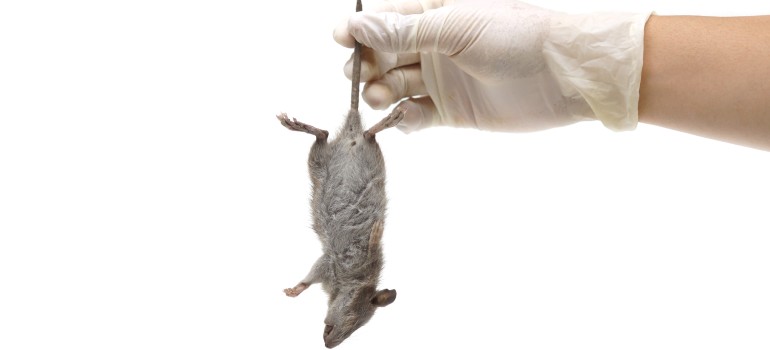
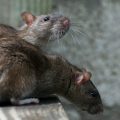
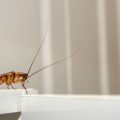


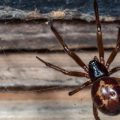
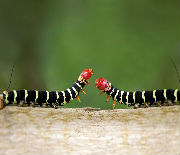
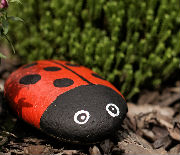
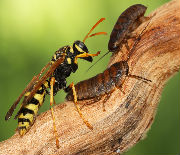
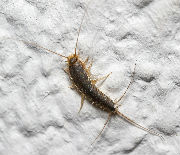
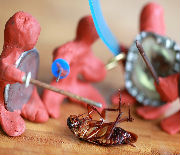
Leave a Reply